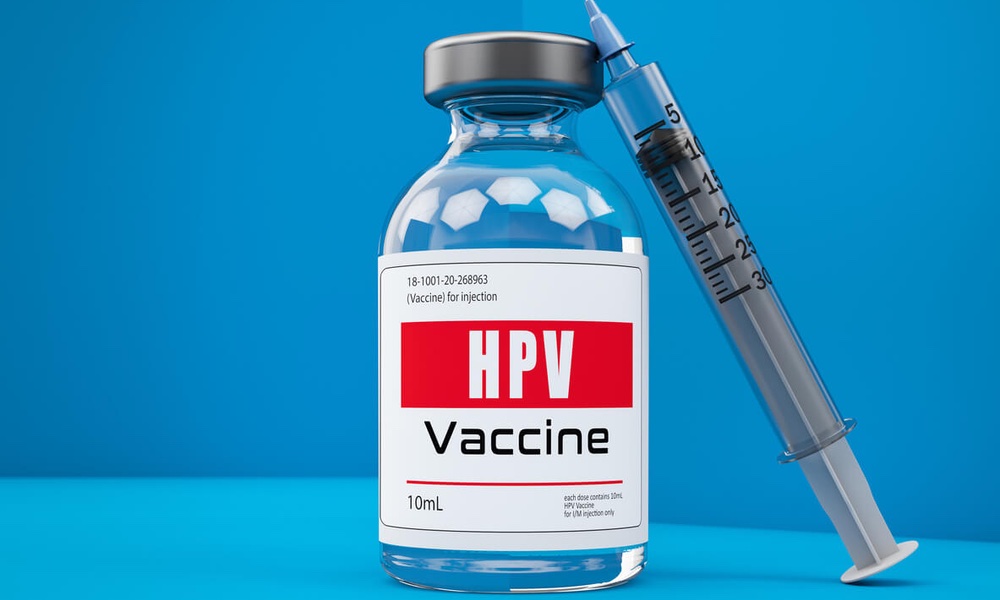Consumption of Vitamin D tablets has been found to cut the risk of pancreatic cancer nearly in half, according to a new study.
These findings suggest the possibility that Vitamin D may be able to prevent the disease.
Led by Halcyon Skinner, Ph.D., of Northwestern University, researchers examined data from two large, long-term health surveys and found that taking the U.S. Recommended Daily Allowance (RDA) of Vitamin D (400 IU/day) reduced the risk of pancreatic cancer by 43 percent. By comparison, those who consumed less than 150 IUs per day experienced a 22 percent reduced risk of cancer. Increased consumption of the vitamin beyond 400 IUs per day resulted in no additional benefit.
"Because there is no effective screening for pancreatic cancer, identifying controllable risk factors for the disease is essential for developing strategies that can prevent cancer," said Skinner. "Vitamin D has shown strong potential for preventing and treating prostate cancer, and areas with greater sunlight exposure have lower incidence and mortality for prostate, breast and colon cancers, leading us to investigate a role for Vitamin D in pancreatic cancer risk. Few studies have examined this association, and we did observe a reduced risk for pancreatic cancer with higher intake of Vitamin D."
Skinner, currently in the Department of Population Health Sciences at the University of Wisconsin School of Medicine and Public Health, and his colleagues analyzed data from two long-term studies of health and diet practices conducted at Harvard University. They looked at data on 46,771 men aged 40 to 75 years who took part in the Health Professionals Follow-up Study, and 75,427 women aged 38 to 65 years who participated in the Nurses' Health Study. Between the two studies, they identified 365 cases of pancreatic cancer.
The study appears in the September 2006 issue of Cancer Epidemiology Biomarkers & Prevention.
Pancreatic cancer is a rapidly fatal disease and the fourth-leading cause of death from cancer in the United States. It has no known cure and surgical treatments are not particularly effective. Except for cigarette smoking, no environmental factors or dietary practices had been linked to the disease.
Further research is necessary to determine if Vitamin D ingestion from dietary sources, like eggs, liver and fatty fish or fortified dairy products or through sun exposure might be preferable to multivitamin supplements.




